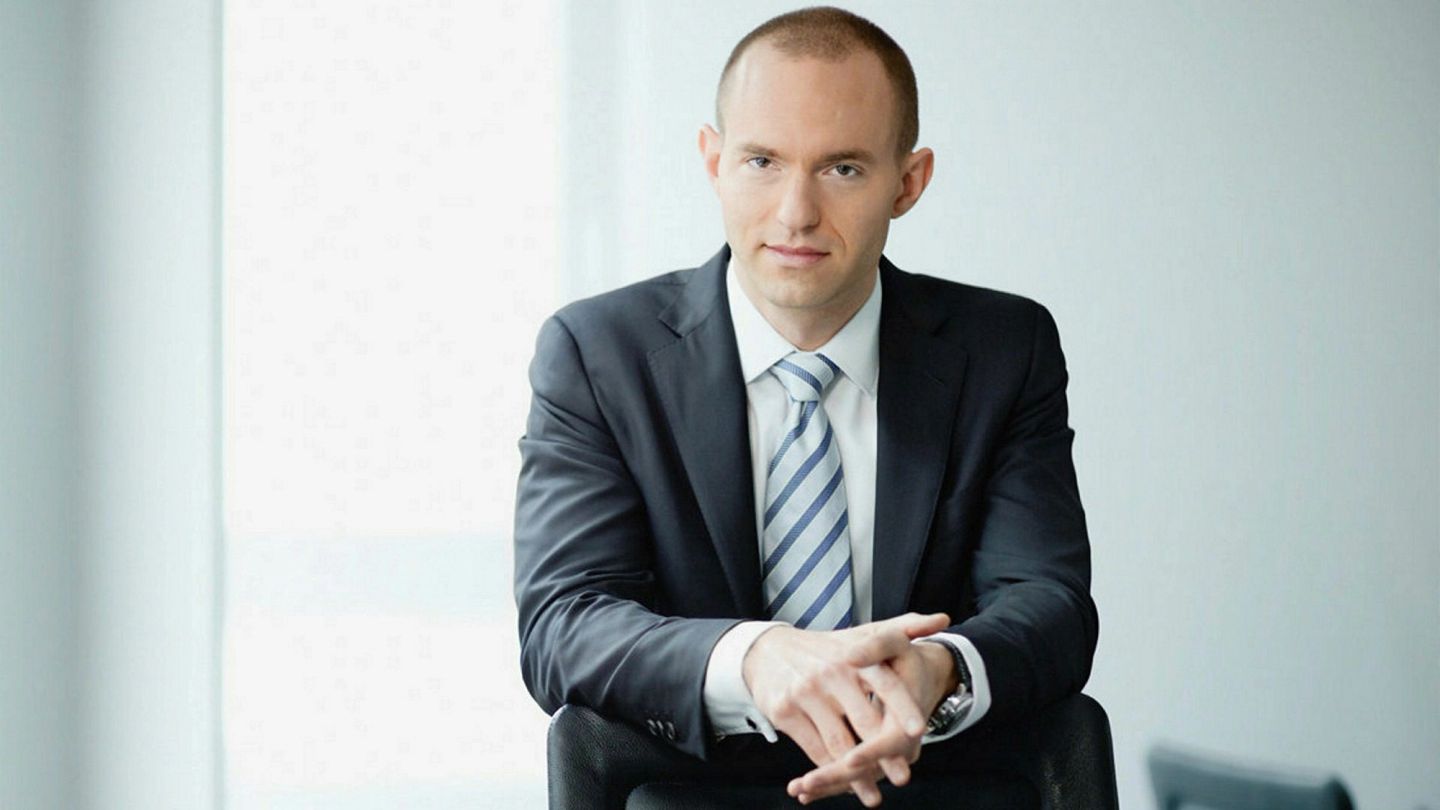
Members -- 9 hours ago

Words: Tom Ward
The story of Jan Marsalek, alleged fraudster and Russian spy, currently wanted by Interpol and on the run since June 2020, has recently taken a turn with police in Marsalek’s former home of Munich investigating an €80,000 payment to the landlord of Marsalek’s fiancée.
Discover the perks of being a member
| Clubhouse Membership | |
|---|---|
| Quarterly MagazineDelivered to your door | |
| Unlock DigitalAccess to all member-only online features | |
| Exclusive Interviews and FeaturesIn-depth stories and insights. | |
| Membership Cardto redeem all the perks. | |
| Members Invites to private Clubhouse events | |
| Weekly newsletter Straight to your inbox | |
To receive the latest in style, watches, cars and luxury news, plus receive great offers from the world’s greatest brands every Friday.
